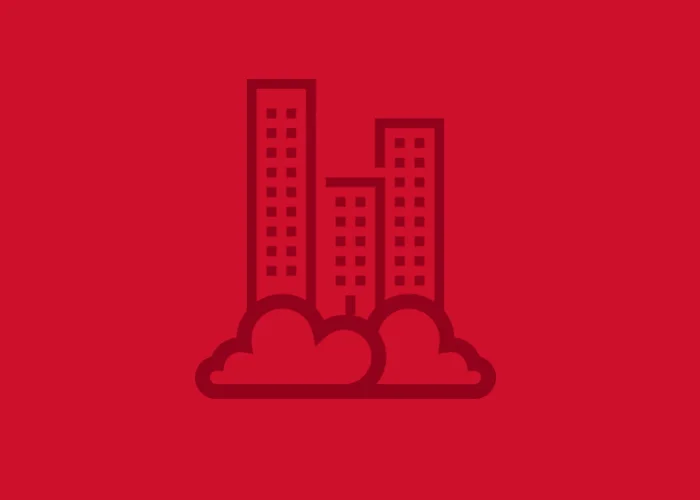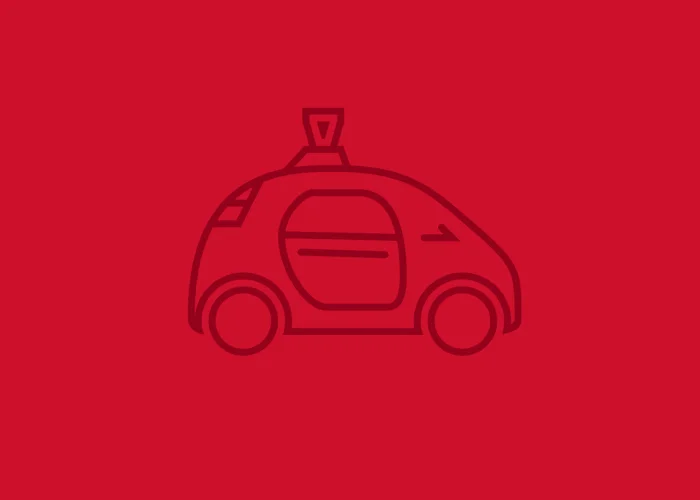What if cities…
We all have things we love and indeed hate about the cities we interact with the most. But what if we took learnings from brands and applied them to a city?
Many of us live or work in modern cities and interact with them on many levels. Everything in that city whether a service, an environment, a person or simply a specific sound all play their part in forming the user experience of that specific place. We all have things we love and indeed hate about the cities we interact with the most. But what if we took learnings from brands and applied them to a city? A city with no red tape and bureaucracy to restrict change and slow down progressive ideas.
Create a sense of ownership.
What if all citizens of City X were treated like members of an exclusive club that they would be proud to be part of? They would be given a City X membership card. One smart card that is your key to the city. The card would grant access to all the city’s services by consolidating them into one card. It could be an ‘Oyster’ style card for all public transport, as well as a Library Card, a museum and gallery pass, a swimming card, a parking pass, a National Insurance Card, an NHS Card and a Donor Card. We could vote simple by tapping our card in a polling station.It could replace your driving licence and even your passport. It would be smart, it would be secure, it would be yours.
Rewarding loyalty.
What if the City X Card was also a loyalty card. What if you got citizen points for interacting with the city. What if the card used Near Field Communication (NFC) to collect citizen points when you visited key services like recycling centres or used museums. What if you got points visiting galleries or supporting key initiatives. What if this data was used by the city to reward good citizens with tailored rewards based on their habitual interactions.
Understanding citizens needs.
What if everyone had their own City X Analytics Page that would help you understand how you use City X and see your key interaction points. What if it gave you a Citizen Rating based on your contribution through interaction. Would this encourage greater interaction and create a stronger community within the city?
Enhancing experience through data.
What if City X took this data and used it to analyse how citizens use the city and how to improve its user experience? Who uses what and at what times? Who doesn’t interact and why? How can we involve them and incentivise them and become a more inclusive city? Could we create a healthier city by rewarding inactive users with fitness related incentives? Could we reduce congestion by understanding commuter behaviour more? Instead of increasing parking prices and adding congestion charges, could we change behaviour with incentives and convince hardened car users to cycle to work? Sounds unlikely I know, but brands often find the carrot works better than the stick.
City X as a platform.
What if City X was an online community for its citizens that was not just a notice board, but an interactive forum for users to affect change within their city? It would have the facility to ‘Live Chat’ councillors or MPs. It could feature polls to gauge public feeling, pass new legislations or vote in local elections. The citizens could vote on whether to grant planning permission for key architectural projects, meaning we only get the buildings we collectively want, or need. It could show ‘top citizens’ or ‘key influencers’ based on interaction rather than social status or wealth. It could show top performing services based on interactions. We could show how our city performed against other cities? Would this increase knowledge and improve access and transparency of knowledge make City X a better, more joined up experience with happier citizens?
Big brother?
Many people may see this as a ‘Big Brother’ approach and raise concerns about privacy and data access. These are valid concerns but all these systems and technologies are voluntarily used every day by millions of people to interact with brands and their products. We readily give-up our data to brands like Apple, Amazon, Facebook and Starbucks, but shy away from giving our own government access to help them understand us more and improve our lives. Do we simply trust brands more than we trust the people we democratically elect to keep us safe?
What if City X was your city, would you be a happier citizen?
Written by Darren Scott
Creative Partner – Truth Creative
What if cars...
What if… is a series of blogs by Truth Creative that applies blue-sky thinking to everyday services and systems. It attempts to explore the amazing possibilities that lay ahead if governments, brands and businesses utilise design thinking and future technologies to improve the user experience of our planet.
Cars are currently the best solution humans have managed to mass produce as a means of personal transportation since our time on earth. Ultimately they have serious flaws; pollution, congestion and consumption being the main offenders. But, they do give us the freedom to travel large distances over land in a warm, safe and dry environment.
But what if they got reimagined?
Globally, approximately 15 percent of man-made carbon dioxide comes from cars, contributing significantly to global warming and inner city pollution. This is already being tackled by companies who are battling each other to develop the best alternative to the combustion engine.
But what if governments got tough and united to insist that all new cars produced from 2025 must be completely electric or even fully autonomous? What if they helped accelerate the process by investing in a global infrastructure that supports the introduction of electric vehicles.
How would we generate the extra electricity?
What if we could power the millions of electric vehicles by placing new transparent solar panel technology on every window, on every domestic home and office building in the world. Another option proposed by Tesla CEO Elon Musk is covering an area the size of Spain with solar farms to generate the extra power required. These mega solar arrays would be distributed across uninhabited desert areas and would virtually wipeout our dependency on oil, thus loosening its strangle-hold on the global economy.
What if nobody owned a car but simply had access to one anytime they liked?
In a 24 hour day how much of that time is your car in use? 35% of the time you are asleep, and unless you drive for a living your car is idle while you work. Also meal times, gym classes, watching TV, doing the housework, all of these activities are car-less. So, a vast amount of people only use their cars to commute to-and-fro work mid-week for a maximum of a few hours a day. It seems many of us just value our own private space when we travel, not the act of actually driving.
The rise of the ‘autonomous vehicle’ or AV’s like those currently being tested by Google and if you believe the ‘Project Titan’ rumours – Apple, will facilitate this.
But would we own them? I would say no, simply access them, like a driverless Uber. It is believed that Uber CEO Travis Kalanick has reportedly placed an order for 100,000 autonomous Mercedes S-Class sedans valued at around $11 billion. The order is not expected to be fulfilled until around 2020.
How would this work?
Nobody would need to own a car, we would simply request a car or van (depending on your intentions) via an app on our smart phone or smart watch and it would come and pick us up and take us anywhere we wished to go. Taxi ranks could be replaced by AV points on street corners that work through contactless smart phone connectivity. Some AVs would have multiple private cubicles to pick up other passengers en-route to make each trip as efficient as possible. All this would be powered by a super-connected car computer that is constantly evaluating its surroundings and optimising its efficiency.
There would be no individual trip fees as all users would pay an annual subscription fee based on a tailored mileage tariff. The AV principle could also be scaled up to include commercial vehicles like buses and freight vehicles. So, public transport would be smarter and more efficient and deliveries would be on time and easier to track. Long freight haulage journeys would no longer be elongated by a truck driver needing to eat and sleep.
Travel times would be reduced and also more productive. Even if you only spend two hours a day driving to work, that is still 10 hours a week you could repurpose whilst being driven to work. The in-car entertainment system would offer you audio books and music based on your subscription and your AV app. You would be less stressed and the term road rage would be redundant. People of all ages would be able to travel alone without a driving licence as being driven around everywhere would no longer be the reserve of the the rich and famous.
But what would this really mean?
It would mean less congestion as AVs are more traffic efficient as they are more intelligent. They require no traffic signals or lanes as they talk to each other to allow traffic to flow effortlessly. It also means there would be no cars sat in carparks all day doing nothing other than taking up space in our cities. These would be replaced by underground AV Depots that hold fewer cars due to staggered demand and car sharing apps.
AVs are also safer, 1.24 million people die each year globally due to traffic accidents with over 90% caused by human error. Remove humans from the equation and you not only reduce the amount of emergency service call outs, but also the amount of people in medical care and the amount of insurance claims. In fact you wouldn’t need car insurance at all, you wouldn’t need road tax, a driving licence, a driving test, the DVLA, MOTs, servicing, petrol stations, speed cameras, breakdown cover, toll roads, car washes, parking meters and most pleasingly, no Traffic Wardens. People with home garages would gain an extra room, driveways could be repurposed as green spaces to undo the damage done by decades of car carbon. If you actually think about it, none of these things are particularly pleasurable or things we would actually miss.
The one thing I would miss is the physical act of driving, or maybe not, but I don’t think we are too far off finding out.
Obviously there are serious social and economic implications, industries would collapse if they didn’t evolve and jobs would be lost or repurposed in this car-less utopia, (but that would be a different ‘What if..).
Written by Darren Scott
Creative Partner – Truth Creative


